Category:
Climate Change and Environment
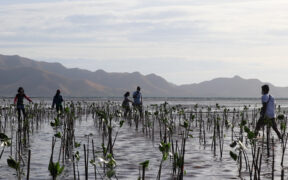
We’ve interviewed Dr. Joan L. Castro, M.D. as a transformative leader and healthcare professional dedicated to reshaping public health.
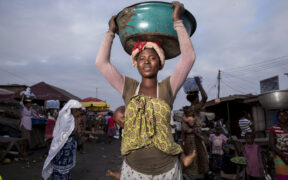
In Nigeria, orphans, vulnerable children, and young people (OVCYP) are the largest at-risk group amongst the entire population. A vulnerable child is below the age of 18 who is currently or likely to be exposed to adverse conditions, thereby subjected to significant physical, emotional, or mental stress resulting in inhibited socio-economic development.
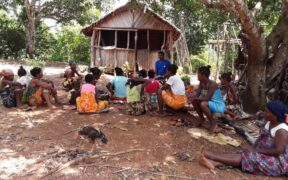
Blue Ventures started integrating health interventions, addressing a huge unmet need for family planning. We came to understand that we were addressing a health need which is part of a broader ecosystem consisting of conservation, health, livelihood, and other challenges.
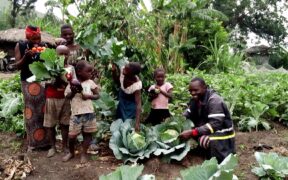
In 2022, Knowledge SUCCESS collaborated with 128 Collective (formerly Preston-Werner Ventures) to conduct a rapid stock-taking exercise to document the impact of HoPE-LVB, an integrated Population, Health, and Environment (PHE) project in Kenya and Uganda. During a recent webinar, panelists shared how HoPE-LVB activities continue in the two countries.
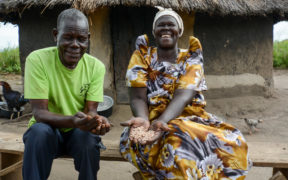
Jared Sheppard reflects on the learnings and skills he developed in his role as a knowledge management and communications intern for the Knowledge SUCCESS People-Planet Connection platform.
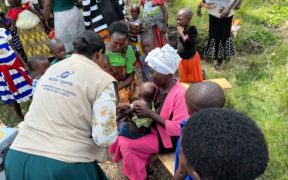
An interview with Jostas Mwebembezi, Executive Director and Founder of The Rwenzori Center for Research and Advocacy in Uganda, which serves women, children, and adolescents in the poorest communities to help them access improved livelihoods, including better health care and education.
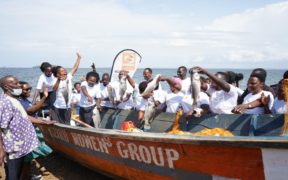
Katosi Women Development Trust (KWDT) is a registered Ugandan non-governmental organization that is driven by its mission to enable women and girls in rural fishing communities to effectively engage in socioeconomic and political development for sustainable livelihoods. KWDT Coordinator Margaret Nakato shares how the implementation of a fishing project under the organization’s economic empowerment thematic area is promoting gender equality and women’s meaningful participation in socioeconomic activities, especially in Uganda’s fishing space.
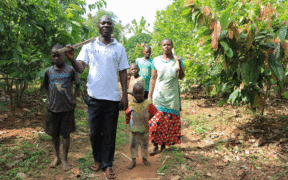
A new Knowledge SUCCESS learning brief documents the sustained impact of activities started under the Health of People and Environment–Lake Victoria Basin (HoPE-LVB) project, an eight-year integrated effort that ended in 2019. Featuring insights from HoPE-LVB stakeholders several years after the project’s closure, this brief offers important lessons learned to help inform future design, implementation, and funding of cross-sectoral integrated programs.
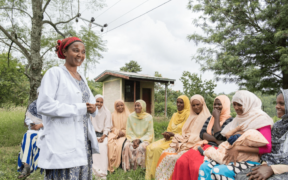
Season 4 of our Inside the FP Story podcast explores how to address family planning and reproductive health within fragile settings.
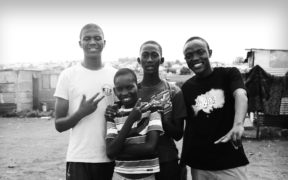
Working in PHE (Population, Health, and Environment) gives me a unique perspective on the realities of community development. A lot of the factors that hinder the realization of optimum human health are closely linked to changes in the environment. As such, PHE projects bring about improved health outcomes, improved environment indicators, and more youth participation in natural resource management. As a young PHE advocate, it is important for me to find integrated and systemic approaches that increase people’s resilience and adaptation to climate emergencies. If you are a youth interested in undertaking your own advocacy journey, here are five things you should know in order to implement an effective advocacy campaign.













